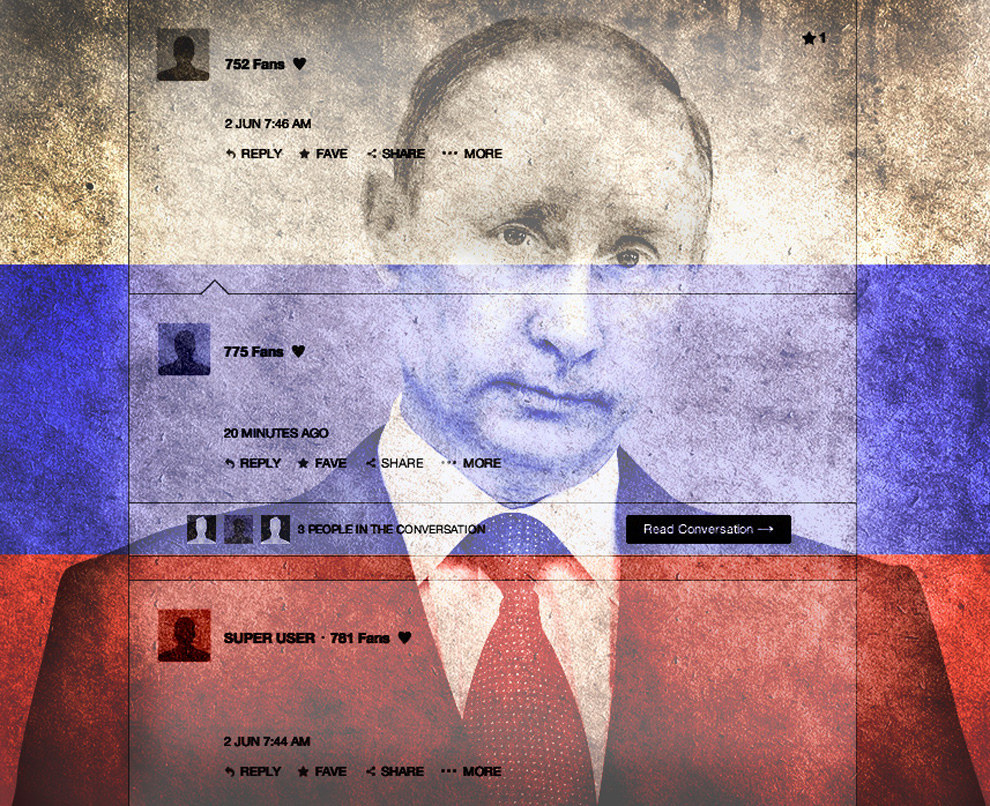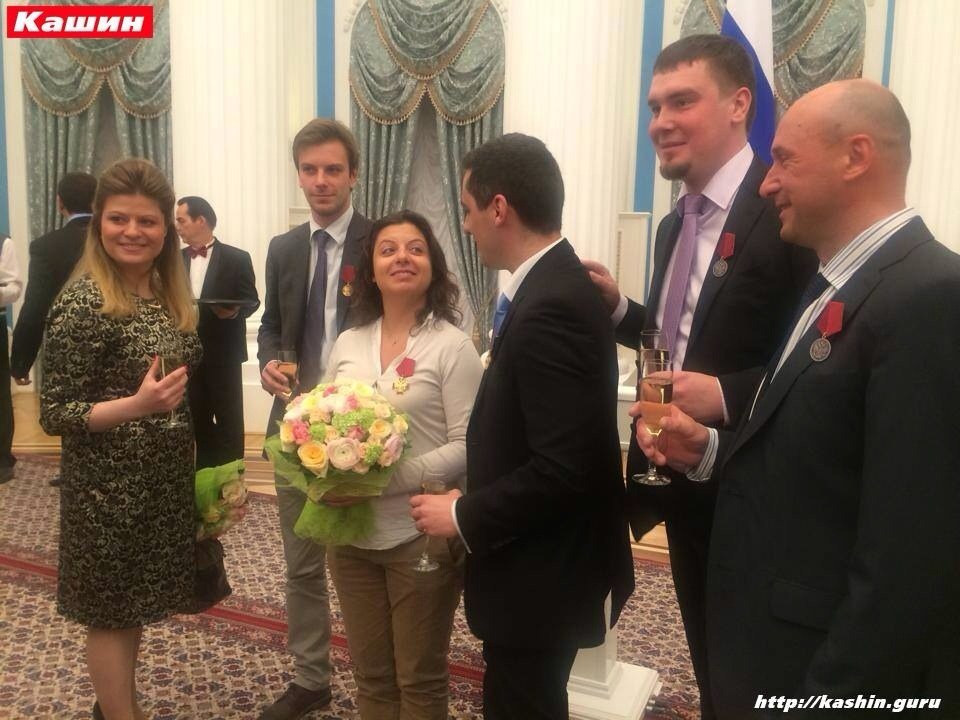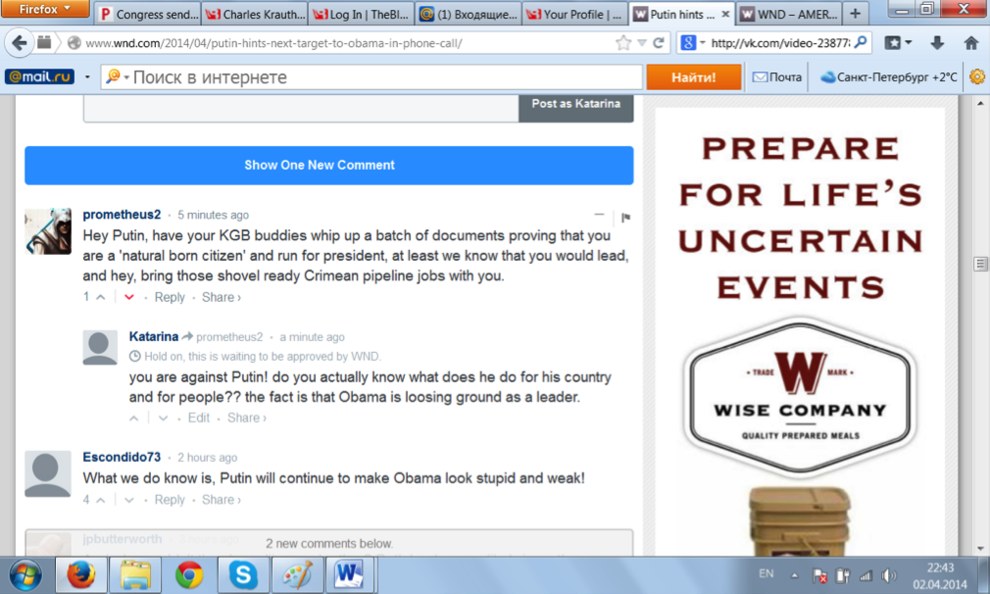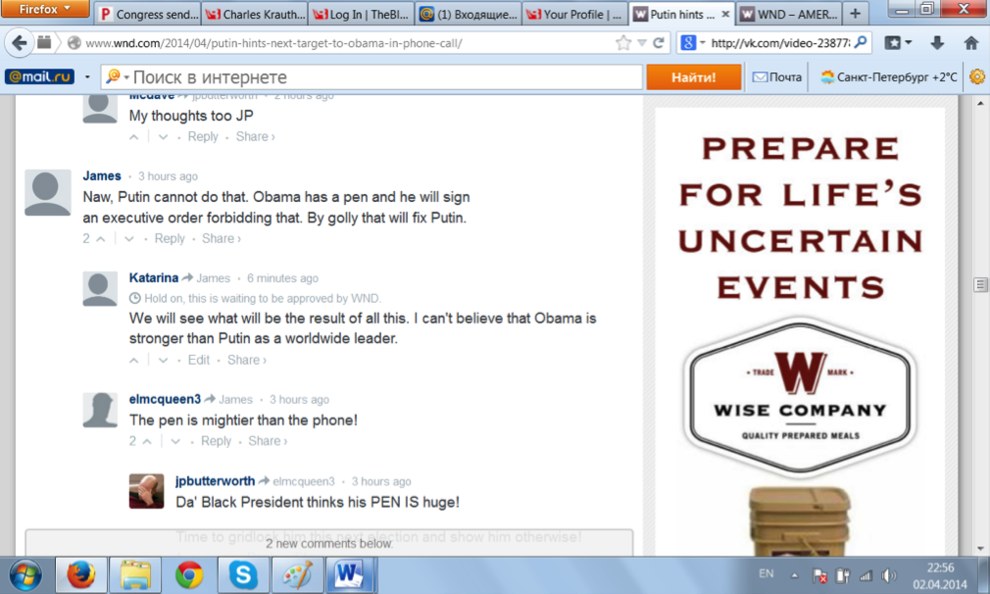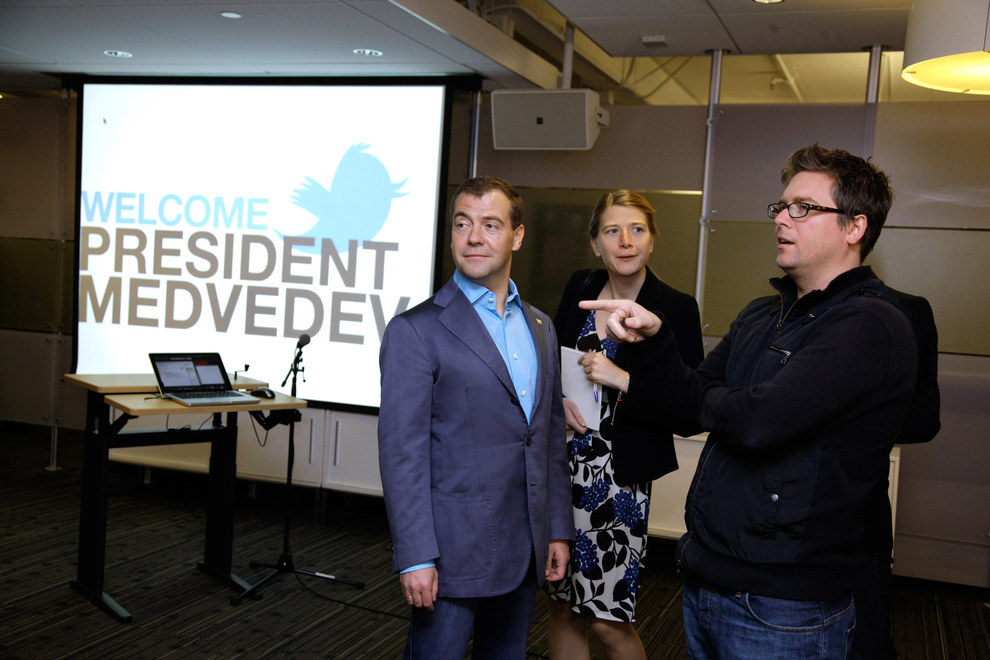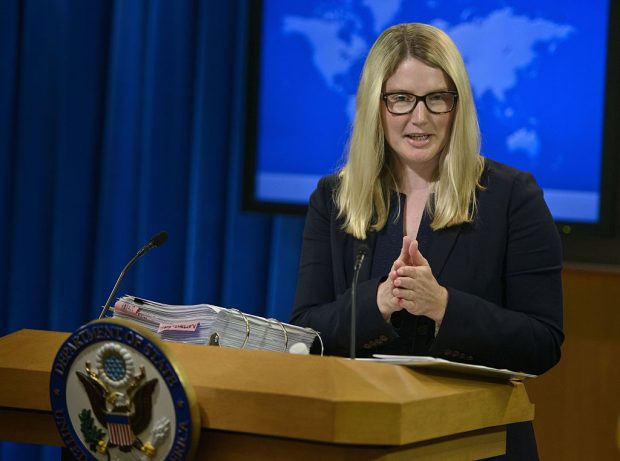FBI found hundreds of classified files on Petraeus biographer Broadwell’s computer
CharlotteObserver: FBI agents found hundreds of classified documents on Paula Broadwell’s home computers in Charlotte during their investigation into her relationship with then-CIA Director David Petraeus, according to newly unsealed FBI documents obtained by the Observer.
More than 300 of those documents were classified as secret, according to a 2013 FBI affidavit accompanying the agency’s request to search Petraeus’ home in Arlington, Va.
A newly unsealed FBI search warrant reveals that agents found hundreds of classified documents on Paula Broadwell’s computers when they searched her Charlotte home in 2012, part of the agency’s investigation into her relationship with then CIA Director David Petraeus. File photo, July 13, 2011 AP
The documents, which were unsealed Tuesday by the U.S. District Court in Eastern Virginia, offer new details of the sweeping federal investigation into the relationship between Broadwell, a Charlotte author, and Petraeus, a highly decorated military commander, the subject of Broadwell’s book as well as her former lover.
The probe uncovered their affair, revealed their mishandling of classified documents and lead to Petraeus’ resignation as head of the CIA. Last year, Petraeus pleaded guilty in Charlotte to a misdemeanor charge of mishandling government documents and was fined $100,000.
Broadwell, the author of Petraeus’ biography, was never charged. Legal experts say her role as a journalist made any prosecution problematic.
Broadwell did not respond Wednesday to a phone message and email seeking comment. Neither did her Washington-based attorney Robert Muse. Jacob Sussman, the Charlotte member of Petraeus’ defense team during his plea hearing, had no comment.
The documents, partially redacted, have been sealed for more than three years. At the time of the search warrant request, the FBI asked that the affidavit remain sealed to protect an ongoing investigation. It was released in response to a public-information request by the media.
The affidavit is signed by a Charlotte-based FBI agent. Its allegations include:
▪ The documents show that when confronted by the FBI, both Broadwell and Petraeus appeared to mislead investigators about their extensive exchange of classified material, most of it involving military and diplomatic operations during Petraeus’ years as commander of the wars in Iraq and Afghanistan.
Petraeus admitted his affair with Broadwell during an October 2012 interview with the FBI in his CIA office. But he said he never gave classified information to her. That answer led some prosecutors to recommend that Petraeus be hit with a felony charge of obstructing a federal investigation. As part of his plea deal with Charlotte-based prosecutors, Petraeus admitted he lied to the FBI.
Interviewed in Charlotte, Broadwell claimed to have gotten some of the documents doing research for her book but “was unable to provide specifics as to how she obtained them … Broadwell advised that she never received classified information from Petraeus,” the affidavit says.
On the contrary, the new documents include details of multiple emails between the two over classified records, including the “black book” diaries and logs Petraeus kept as commander.
In one exchange included in the affidavit, Broadwell told Petraeus that certain records he’d shared were “naturally very helpful … (I want more of them! I know you’re holding back.)”
In June 2011, the affidavit says she expressed excitement at Petraeus’ willingness to share certain files. “(I)’ll protect them. And I’ll protect you,” she wrote.
During the same conversation, Petraeus referred to some files from his time as Iraqi War commander. “Class’d, but I guess I might share!” he told Broadwell.
From 2003 to 2012, Broadwell had security clearance to handle classified information, the affidavit says. But that came with the understanding that she not unlawfully remove the information “from authorized storage facilities” and not store the classified information “in unauthorized locations.”
The FBI found that Petraeus shared eight of his black books with Broadwell in 2011. Those contained secret codes, highly sensitive diplomatic information and wartime strategies, among other highly classified information. At the time, she was writing “All In,” Petraeus’ biography.
None of the classified information appeared in the book, documents say. But the affidavit says the FBI seized numerous photographs of the contents of the black books during a search of Broadwell’s home.
▪ The FBI gathered recordings Petraeus made as military commander in the Middle East in which he discussed information classified as “Top Secret” with reporters.
In an audio file taken from Broadwell’s home in November 2012, Petraeus can be heard discussing “sensitive military campaigns and operations” with reporters from the Washington Post. His only demand was to be referred to in the subsequent stories “as a senior military officer,” the affidavit says.
▪ Petraeus tried to stop the FBI investigation as soon as he heard about it. According to the affidavit, the FBI began its probe in Tampa, Fla., after a person identified as “Witness 1,” who is clearly Tampa socialite and Petraeus confidante Jill Kelley, complained of receiving threatening emails from someone who had access to the CIA director’s schedule – a potential breach of security.
According to Kelley’s recent book, an email went to her husband, Scott, on June 1, 2012, and referred to a Washington, D.C., dinner when Kelley and Petraeus, after a night of drinking, had compared each other’s muscles.
“As her husband, you might want to examine your wife’s behavior and see if you can rein her in before we publicly share the pictures of her with her hands sliding between the legs of a senior service official,” the email said.
The FBI later traced those messages to Broadwell.
On June 22, 2012, the FBI notified Petraeus’ security detail of its investigation. A month later, Kelley notified the FBI that she no longer wanted to press charges against the cyber stalker. That August, Kelley told the FBI that Petraeus “personally requested” that Kelley “call off the G-men,” and that the stalker “possessed information which could embarrass Petraeus and other public officials,” the affidavit says.
▪ Broadwell, who is married, and Petraeus, also married, took steps to hide their correspondences. The affidavit says the two used prepaid cellphones and email accounts “using non-attributable names.”
In September 2012, Broadwell told agents that she and Petraeus would use the same email account, saving messages in the “draft” folder instead of sending them.
In the years since, Broadwell has apologized for the affair and says she has attempted to rebuild her marriage and has focused on charitable issues such as returning veterans and “Wounded Warriors.” She has also started a foundation to examine gender bias in the media.
‘I’m the first to admit I screwed up,” Broadwell recently told the New York Times. “… But how long does a person pay for their mistake?



